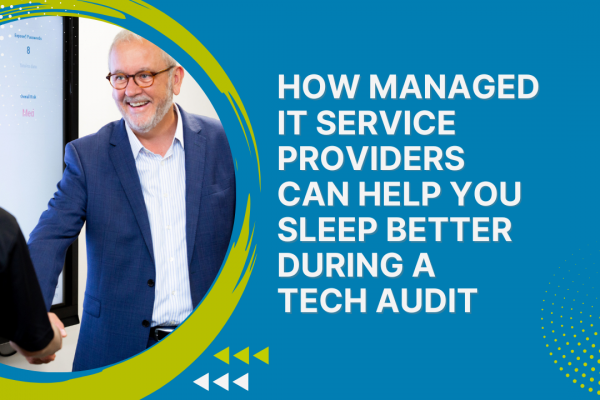
Previous post
Small businesses in the UK are under attack. Recent data shows that around 42% of small firms reported a cyber attack or breach in the last 12 months. The average cost of a serious breach for a micro or small business hovers around £7,960. With this in mind, here are five of the most pressing cyber-threats facing small businesses today and, crucially, what you can do about each one.
What it is: Attackers trick your staff (via email, SMS, instant message) into divulging credentials, clicking malicious links or inadvertently installing malware. According to recent research, phishing remains the most common attack method facing SMEs.
Why you should care: Even a single successful phishing incident can lead to credential compromise, unauthorised access, data theft, ransomware or business disruption.
How to stop it:
What it is: Malicious software (malware) or ransomware that encrypts your data, locks you out of systems or steals information, often demanding a ransom for restoration. The danger is growing rapidly among smaller firms across Suffolk.
Why you should care: The financial, operational and reputational impact of ransomware can be devastating- small businesses often lack resources to recover quickly.
How to stop it:
What it is: Attackers exploit weak passwords, reused credentials or take advantage of poor access-control practices (such as over-privileged accounts). Small firms often don’t apply the same strict controls as larger enterprises.
Why you should care: Once an attacker gains access via weak credentials, they may move laterally, escalate privileges and cause major damage.
How to stop it:

What it is: Outdated software, unpatched systems or insecure third-party service providers (your supply-chain) pose serious risk. Attackers exploit known vulnerabilities, or target a weaker link via a partner.
Why you should care: Small businesses may rely on legacy systems, or use third parties without strong security- these are attractive entry points for attackers.
How to stop it:
What it is: A large proportion of breaches result from mistakes- employees clicking unsafe links, using insecure Wi-Fi, losing devices, or mis-configuring systems. Small businesses across Ipswich and Suffolk are disproportionately vulnerable because they may lack formal training or security culture.
Why you should care: Even the best technical controls can be undermined by human error. Developing a resilient culture is as important as installing firewalls.
How to stop it:
The cyber-threat landscape for small businesses in the UK is very real– statistics make that clear. With limited budgets and expertise, small and medium-sized Ipswich and Suffolk businesses often appear to attackers as easier targets. But the good news is: not all threats require enterprise-level budgets. Many effective defences are straightforward, practical and scalable.
By focusing on the five threats outlined above and taking the steps to mitigate them, your business can build a far stronger posture and avoid becoming a statistic.
At Corbel, we understand the unique challenges small and growing Suffolk businesses face when it comes to Cyber Security. Our team works alongside you to design practical, right-sized solutions that fit your operations and budget without the jargon.
Whether you need help assessing your current security posture, training your staff, or implementing robust backup and recovery systems, we’ll guide you every step of the way. We also offer proactive monitoring, patch management, and cyber awareness programmes to reduce your exposure and build lasting resilience.
We believe Cyber Security shouldn’t be complicated or out of reach- it should be simple, strategic and scalable.
👉 Get in touch to discuss how we can help safeguard your business from today’s most pressing cyber threats.
Corbel Solutions are an Ipswich based IT Support Provider who work proactively throughout Ipswich and the wider Suffolk region including Felixstowe, Woodbridge, Newmarket, Sudbury. Providing a range of IT Support Services including Cyber Security and Cyber Security Training, Office 365 Support and IT Consultancy Services. To take a look at what others have had to say about us, check out our Google Review page. To find out more information or to have a chat with one of our team, feel free to give us a call on 01473 241515 or email us on info@corbel.co.uk. Or alternatively you can book in a call with one of our team members here.

Previous post

Next post